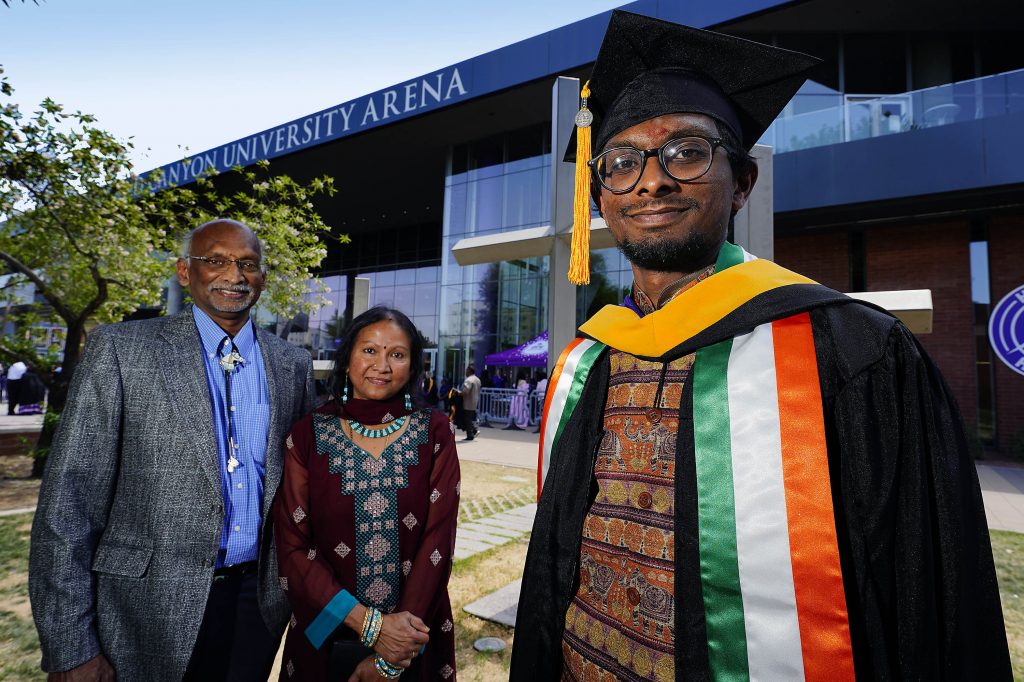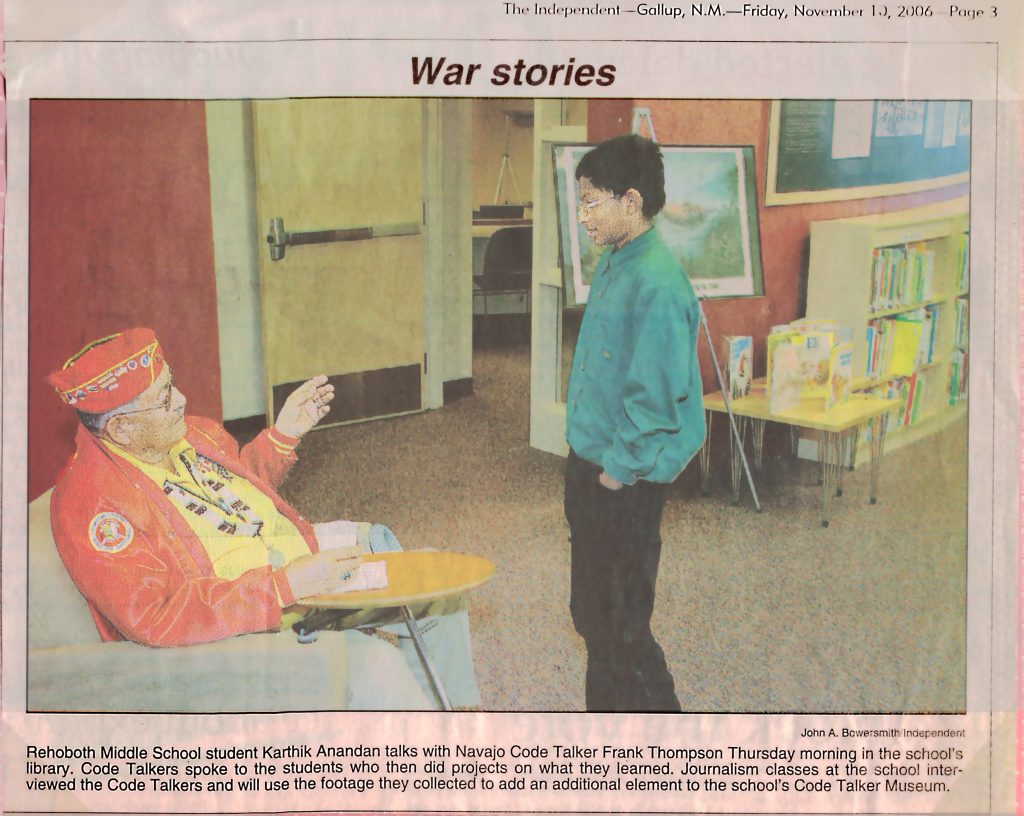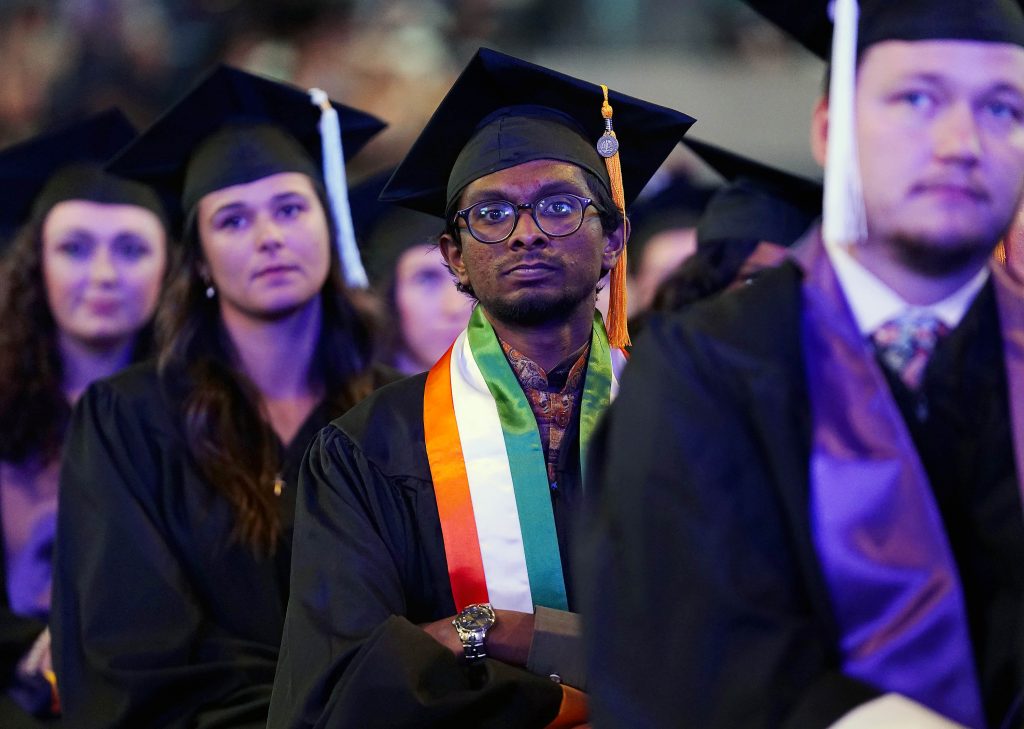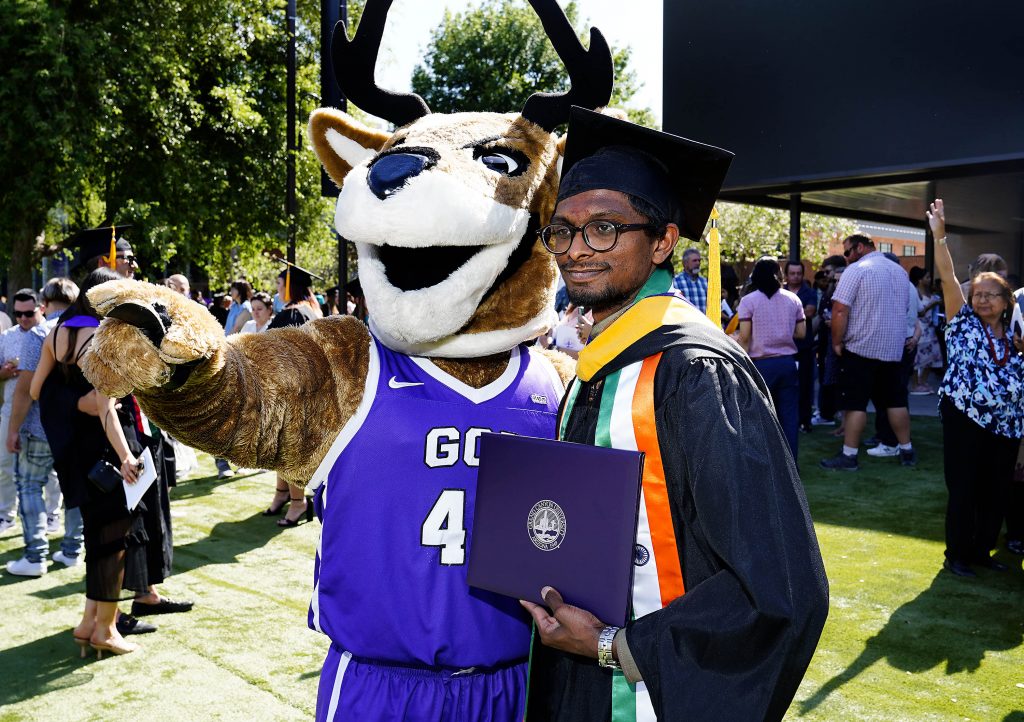
Photos by Ralph Freso
Karthik Anandan is evidence that one moment in a young boy’s life can define him many years later.
Anandan was in eighth grade and part of his school’s newspaper when he had the opportunity to interview a Navajo Code Talker, one of the men whose native language was used to send secret information to U.S. troops during World War II.

He was an avid history buff and excitedly talked to veteran Frank Thompson about the heroics of his tasks during World War II as a local newspaper snapped photographs.
“What that photo failed to capture were the emotions of that soldier as he spoke to me about his post traumatic stress disorder and how it led to his substance abuse addiction,” Anandan said.
“He told me he couldn’t tell his family about it after the war. So they suffered in silence. It was that moment that moved me, coming from a town — Gallup, New Mexico — that had been called the most patriotic small town in the U.S. But what are we doing for these veterans?”
Nearly two decades later, that moment led Anandan to walk the Commencement stage Wednesday afternoon at Grand Canyon University with a master’s degree in addiction counseling.
“He found his passion,” said his father, Dr. Anandan Swaminathan, standing aside his son outside GCU Arena on Wednesday. “Our city is near a reservation and drug and alcohol abuse is rampant, and he had seen the devastation.”
At first, he had the goal of following his cardiologist father and brother into medicine, and earned a medical degree in India, his parents’ birthplace before moving to Gallup.
But he decided to move back to New Mexico after the pandemic hit and another purpose found him. He thought back to eighth grade and the veterans who needed help and enrolled at GCU in addiction counseling.
“I really found I enjoy helping people in a crisis situation,” he said.
A crisis unfolded during his studies last May — a proposal to Congress by the U.S. Department of Veterans Affairs to shut down four outpatient clinics in Gallup, Española, Las Vegas and Raton to centralize services.
“If they closed this, the veterans would have no place to go,” he said.
He quickly wrote a speech to bring to a town hall meeting designed to gather public input on the clinic closing and told of his experience with the Navajo Code Talker that he never forgot. It propelled a local veteran’s organization to enlist him to help when U.S. Sen. Ben Ray Lugan held another meeting to gather community input.
“I’d be happy to follow you into the battlefield,” he told them.

Anandan made meeting flyers and helped organize the transport of hundreds of veterans who showed up at the town hall meeting. He stood before them and gave another speech, saying that the men and women who fought for their country weren’t thanked and wouldn’t be given the promise of health care for their service.
“Today they get another thank you in the form of saying that your VA is going to close and that you can travel to Albuquerque for your treatment,” he told the group.
He quoted Abraham Lincoln that “little will be remembered of what we say here but they will not forget what occurred here. We will never forget your service. I will continue to serve the veterans who have addictions. I will continue to serve those who have PTSD. I will be a voice for you until we get our VA open.”
The clinic survived. And Anandan’s new life opened up.
Nova III Behavioral Health Services offered him a job, at first doing administrative and marketing work until he got his degree and could begin a role as a counselor.
“For us, getting someone of that caliber in a service role – we were exuberant,” said Nova CEO David Conejo.
Nova had designs on expanding its service to veterans with addiction treatment because opioids had joined alcohol problems, as well as homelessness. They are in the early stages of merging their clinic to other services in an old hotel, including beds and meals.
“That’s why we are so excited to have him. While developing a vision, along comes someone who has the training and the passion for people,” he said.

Anandan said that advocating for the veterans “kicked me into high gear.” Now veterans sometimes call him on weekends, telling him, “I just need someone to talk to.”
He can offer them much that he learned about addictions, PTSD and mindfulness at GCU, he said, but also marketing skills for the new service and technology skills to hold Zoom counseling meetings with veterans who often live on the nearby reservation, a long, gravel road ride away.
“I found my cup of tea there,” he said. “That’s where I found out I could be an amazing teacher.
“I will dedicate my life to veterans. And it all came from the emotion I saw on veterans’ faces in eighth grade.”
Grand Canyon University senior writer Mike Kilen can be reached at [email protected] or at 602-639-6764.
***
Related content:
GCU News: Three GCU degrees are researcher's therapy and hope for others after tragedy



































































